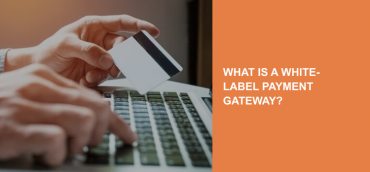High-Risk Business
The businesses are considered high-risk based on two conditions: high-risk industry type and a high risk of financial failure. The first condition has to do with safety and health concerns, while the second condition addresses the company’s viability (continued profitability).
Discover the main reasons for a business to be considered high-risk:
- High level of chargebacks;
- High sales volumes;
- High-risk industry type;
Check out the list of the most common high-risk businesses:
- Gambling;
- Gaming;
- NUTRA (nutraceuticals);
- CBD;
- Booking and travel agencies;
- Escort;
- Adult;
- Telemarketing;
- Bitcoin/Forex trading;
- Computer software/hardware;
- E-cigarettes;
- Collection agencies
To open a high-risk merchant account, make sure your website includes:
- Privacy Policy Page;
- Terms & Conditions Page;
- Name of the company in the footer;
- Contact us button with an email and phone number;
- Deposit & Refund Policy Page;
- Visa and Mastercard logos [in case you offer them as payment methods].
To open a high-risk merchant account, collect the following documents:
- Certificate of incorporation. This document proves that your company is a legal entity. Typically, state governmental entity or corporation issues a certificate. From three days to two months, the duration of obtaining a document varies from country to country. Keep it in mind when applying for a merchant account.
- Certificate of Incumbency (or similar document).
- Copies of valid passports with visible bearers signatures for all company officers and owners.
- Application. Handing over a filled merchant application form is a must. It helps PSP to understand the company’s structure, turnover, and geo-preferences.
